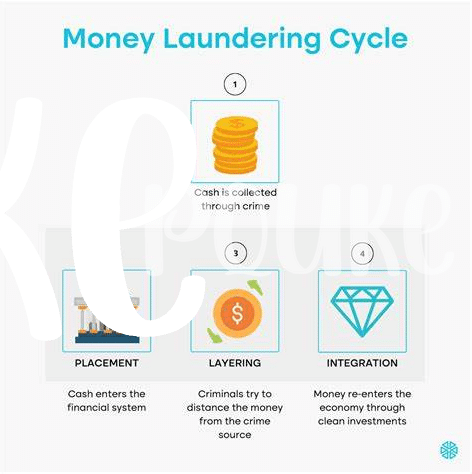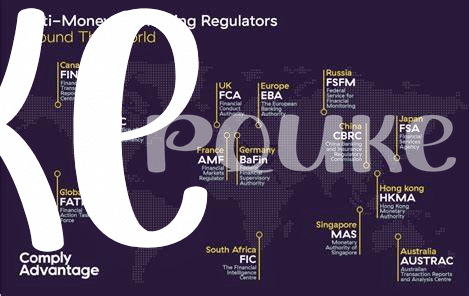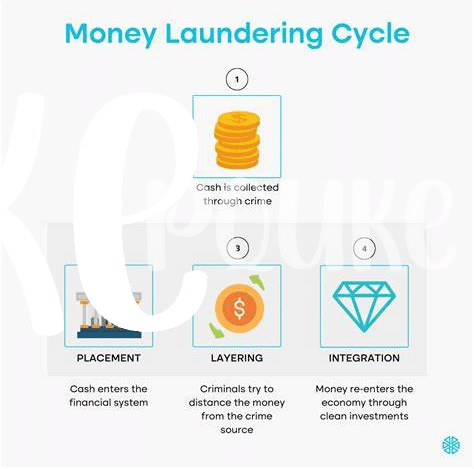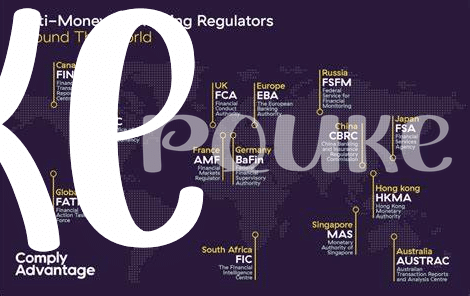Understanding Anti-money Laundering Regulations in Botswana 🏛️

Anti-money laundering regulations in Botswana aim to preserve the integrity of financial systems and combat illicit activities. These regulations mandate reporting suspicious transactions, verifying customer identities, and implementing robust compliance programs. By understanding and adhering to these regulations, individuals and businesses can contribute to a safer and more transparent financial ecosystem in Botswana.
Compliance Challenges Faced by Bitcoin Users 🤔
Bitcoin users in Botswana encounter various challenges when it comes to meeting compliance requirements. The evolving nature of regulations often leaves individuals perplexed about the exact measures they need to take. Moreover, the anonymity associated with Bitcoin transactions can make it challenging to trace and verify the source of funds. This opacity raises concerns for regulatory bodies, leading to heightened scrutiny and potential hurdles for users striving to comply with AML laws.
Impact of Aml Requirements on Bitcoin Transactions 💸

Navigating compliance with Anti-money Laundering (AML) requirements in Botswana impacts Bitcoin transactions significantly. These regulations introduce added layers of scrutiny and reporting obligations for users engaging in cryptocurrency transactions. For Bitcoin users, the implementation of AML requirements can lead to enhanced transparency but also increased complexity in ensuring compliance. The need to verify identities, monitor transactions, and report suspicious activities adds a level of diligence necessary to operate within the legal framework. As a result, the impact of AML requirements on Bitcoin transactions involves a shift towards a more regulated environment, fostering trust and legitimacy within the cryptocurrency ecosystem while also posing challenges in terms of operational efficiency.
Strategies for Ensuring Compliance in Botswana 🛡️

For ensuring compliance with Anti-money Laundering (AML) regulations in Botswana, it is essential for Bitcoin users to implement robust Know Your Customer (KYC) procedures, conduct thorough transaction monitoring, and maintain detailed records of all transactions. Additionally, educating employees about AML requirements and providing regular training on identifying suspicious activities can enhance compliance efforts. Collaborating with regulatory authorities and industry peers to stay updated on changing AML laws and best practices is also crucial. Implementing stringent AML compliance measures not only safeguards against potential legal repercussions but also contributes to the integrity and credibility of Bitcoin transactions in Botswana. To delve deeper into AML laws and their impact on Bitcoin transactions, refer to the informative resource on bitcoin anti-money laundering (AML) regulations in Botswana.
Legal Implications of Non-compliance with Aml Laws ⚖️
Failure to comply with Anti-money Laundering (AML) laws can result in severe consequences, both legally and financially. Individuals or businesses engaging in Bitcoin transactions without adhering to AML requirements in Botswana may face hefty fines, legal action, or even imprisonment. Non-compliance not only tarnishes reputations but also undermines the integrity of the financial system, potentially leading to further regulatory scrutiny and barriers to future transactions. Proactive efforts to understand and abide by AML regulations are crucial to avoiding these negative outcomes and safeguarding both the interests of individuals and the broader financial ecosystem.
Navigating the Future of Bitcoin Transactions in Botswana 🚀

In looking ahead to the future of Bitcoin transactions in Botswana, it is essential to consider the evolving landscape of regulations, technological advancements, and shifting consumer behaviors. The potential for increased adoption of cryptocurrencies, coupled with the need for robust anti-money laundering measures, highlights the importance of staying informed and adaptable. As the regulatory framework continues to develop, stakeholders in Botswana must remain proactive in understanding and complying with the requirements to ensure the integrity and security of Bitcoin transactions in the country. This forward-looking approach will be key in navigating the complexities and opportunities that lie ahead in the dynamic realm of digital currencies.
For more information on Bitcoin anti-money laundering (AML) regulations in Botswana, you can refer to the bitcoin AML regulations in Bosnia and Herzegovina.
